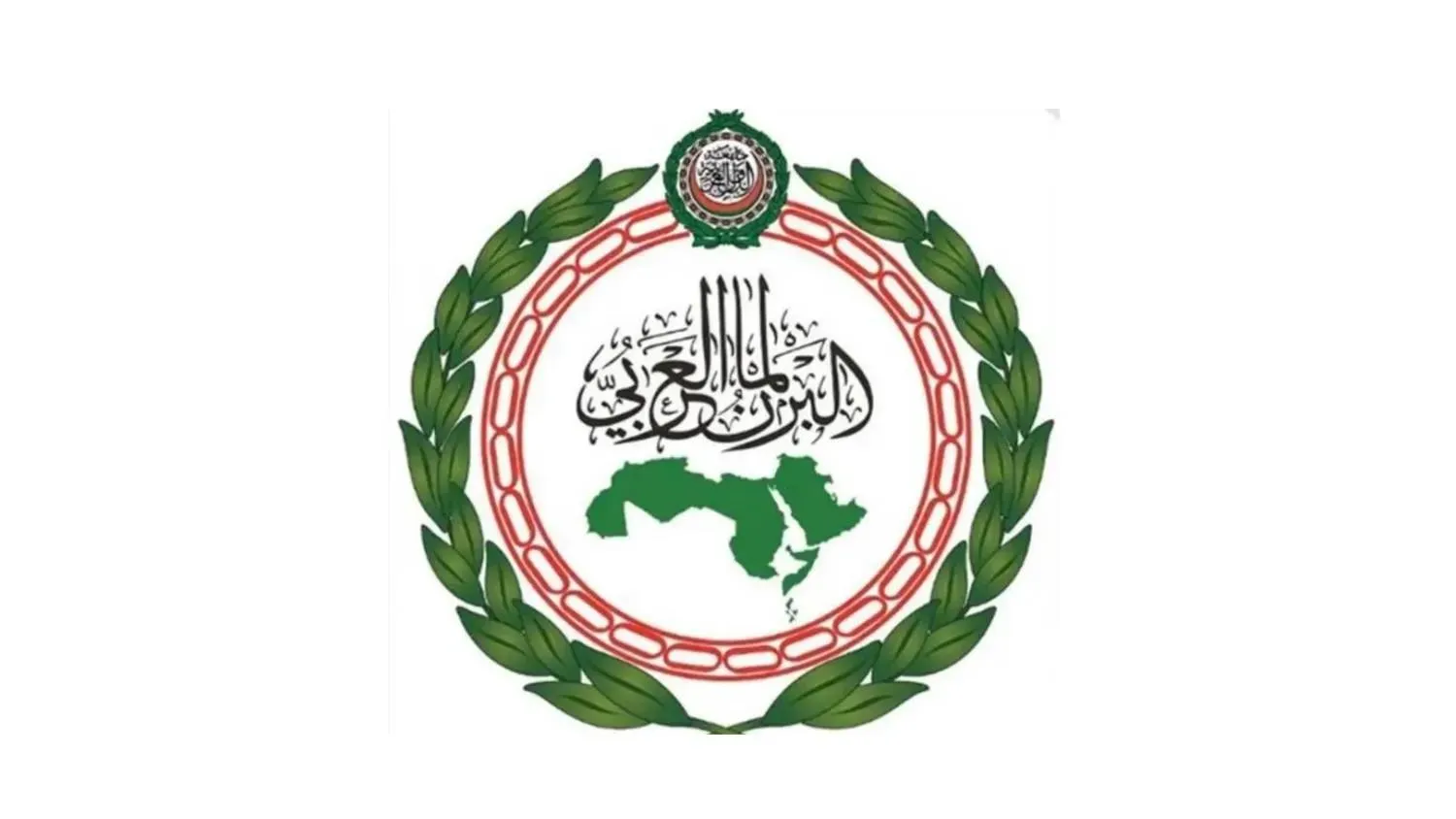Yemen's Minister of Awqaf and Guidance Dr. Mohammed Shabeeb held the Iran-backed Houthi militias fully responsible for the repeated chaos in organizing the travel of Yemeni Hajj pilgrims to Saudi Arabia.
He made his remarks in wake of Israel destroying the last remaining plane at Yemen's Houthi-held Sanaa International Airport on Wednesday. An air raid involving multiple strikes hit the Yemenia Airways plane and the runway at the airport.
According to a statement from Yemenia, the plane was about to be boarded by Muslim pilgrims bound for the annual Hajj pilgrimage in Makkah. Dozens of travelers were forced to return home.
In remarks to Asharq Al-Awsat, Shabeeb said that last year, the Houthis hijacked four Yemenia planes, leaving 1,300 Hajj travelers stranded in Saudi Arabia.
“Only lawless gangs commit such crimes,” he charged, noting how the Houthis defied all legitimate government and regional calls to cease such actions.
He recalled how the Houthis turned down all regional mediations that suggested that the planes be transported to another secure airport in Yemen or outside the country, slamming their “intransigence and clear undermining of the lives of civilians and Hajj pilgrims.”
“What made matters worse was that they later left the planes in unsafe areas, leaving them exposed to the Israeli attacks in Sanaa,” added the minister.
The planes were ultimately attacked and destroyed because the militias refused to set the planes aside in their conflict with Israel despite the danger, Shabeeb lamented.
“What happened today is a direct result of this recklessness. The last Yemenia jet at Sanaa airport has been destroyed, forcing dozens of Hajj pilgrims to return home,” he remarked.
“The Ministry of Awqaf and Guidance is addressing the fallout from the terrorist Zionist attack that was sparked by the Iran-backed terrorist Houthi militias,” he confirmed
Seventy-eight pilgrims were left stranded and efforts are underway to transport them to Saudi Arabia through the Wadia land crossing.
Shabeeb vowed that his ministry will carry out all possible efforts to ensure that they secure the pilgrims' right to perform the Hajj despite the “deliberate obstacles and dangers” caused by the Houthis.







